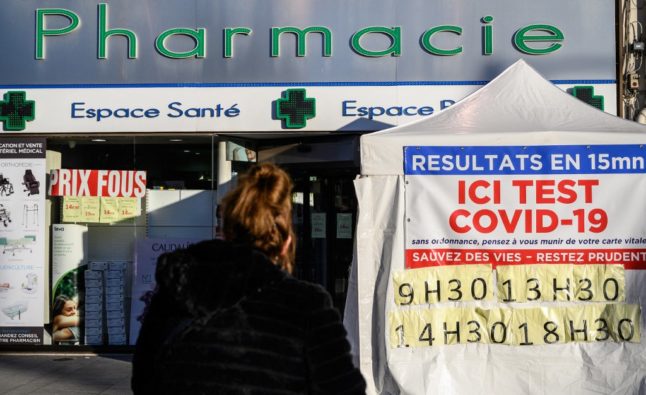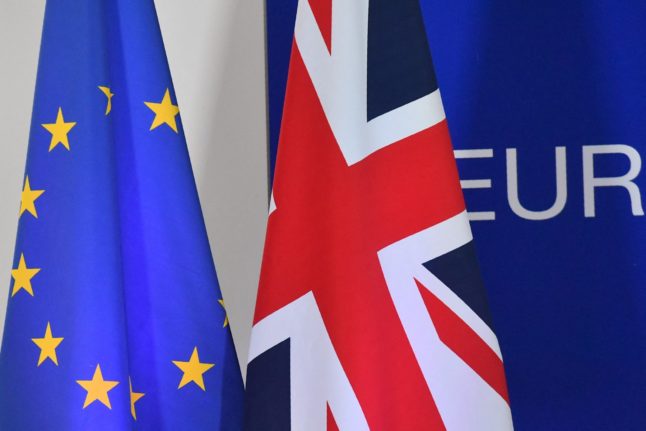Travel rules
Covid-related travel rules have been scrapped and there is now no requirement to show negative Covid tests or proof of vaccination in order to enter France.
Testing
Once in France if you develop symptoms or you have been in contact with someone who has tested positive you will need to get a Covid test.
The good news is that testing is widely available in France, both for residents and tourists.
The easiest way to get a test is head to a pharmacy, most of which offer the rapid-result antigen test on a walk-in basis Tests are available to everyone who wants one, there is no need to fulfil any set criteria.
For full details on how to get a test, and some handy French vocab, click HERE.
The difference for tourists is that you will have to pay for your test, while residents get their costs reimbursed by the French state health system.
In the pharmacy you may be asked for your carte vitale – this is the health card that residents use to claim refunds. As a tourist you won’t have the card – you can still get the test, you will just need to pay for it. Costs vary between pharmacies but are capped at €22 for an antigen test or €54 for a PCR test.
Isolation
If your test is positive you are required to isolate, but how long your isolation period is depends on your vaccination stats – full details HERE.
Treatment
For most fully-vaccinated people without underlying health conditions the symptoms of Covid are fairly mild, but if you do become ill, here’s how to access medical help while in France.
Pharmacy – one of the first things you will notice about France is that pharmacies are everywhere, just look out for the green cross. As well as selling over-the-counter medication, pharmacies all have at least one fully-qualified pharmacist on the staff who can offer medical advice.
Take advantage of pharmacists – they train for at least six years so they’re very knowledgeable and they’re easy to access by simply walking into the shop. In tourist areas it’s likely that they will speak English. Pharmacists can also signpost you to a nearby doctor if you need extra help.
Doctors – if you need to see a doctor, look out for a médecin généraliste (a GP or family doctor). There is no need to be registered with a doctor, simply call up and ask for an appointment if you need one. If you have a smartphone you can use the medical app Doctolib to find a généraliste in your area who speaks English. You will need to pay for your consultation – €25 is the standard charge and you pay the doctor directly using either cash or a debit card.
You may be able to claim back the cost later on your own health/travel insurance depending on the policy.
Ambulance – if you are very sick or have difficulty breathing you should call an ambulance – the number is 15. All non-residents are entitled to emergency treatment in France, whether or not you have insurance, but if you are admitted to hospital or have treatment you may need to pay later.
You can also call the European emergency number on 112, where you will find English-speaking operators.
READ ALSO Emergency in France: Who to call and what to say
Paxlovid – several readers have asked whether the Covid treatment drug Paxlovid is available in France. It was licenced for use in February 2022 and is available on prescription from pharmacies, mainly for people with underlying health conditions or an impaired immune system. You can get a prescription from a medical practitioner.
For fragile populations already living in France, you can request a standing prescription for Paxlovid even if you have not tested positive. According to Brigitte Autran, the head of the committee for anticipating health risks (COVARS), reminded people during a press conference on December 9th that paxlovid is still effective against the new variant B.Q.1.1, particularly for those with impaired immune systems.
The drug is reimbursed for French residents, but as a tourist you will have to pay.



 Please whitelist us to continue reading.
Please whitelist us to continue reading.
Member comments